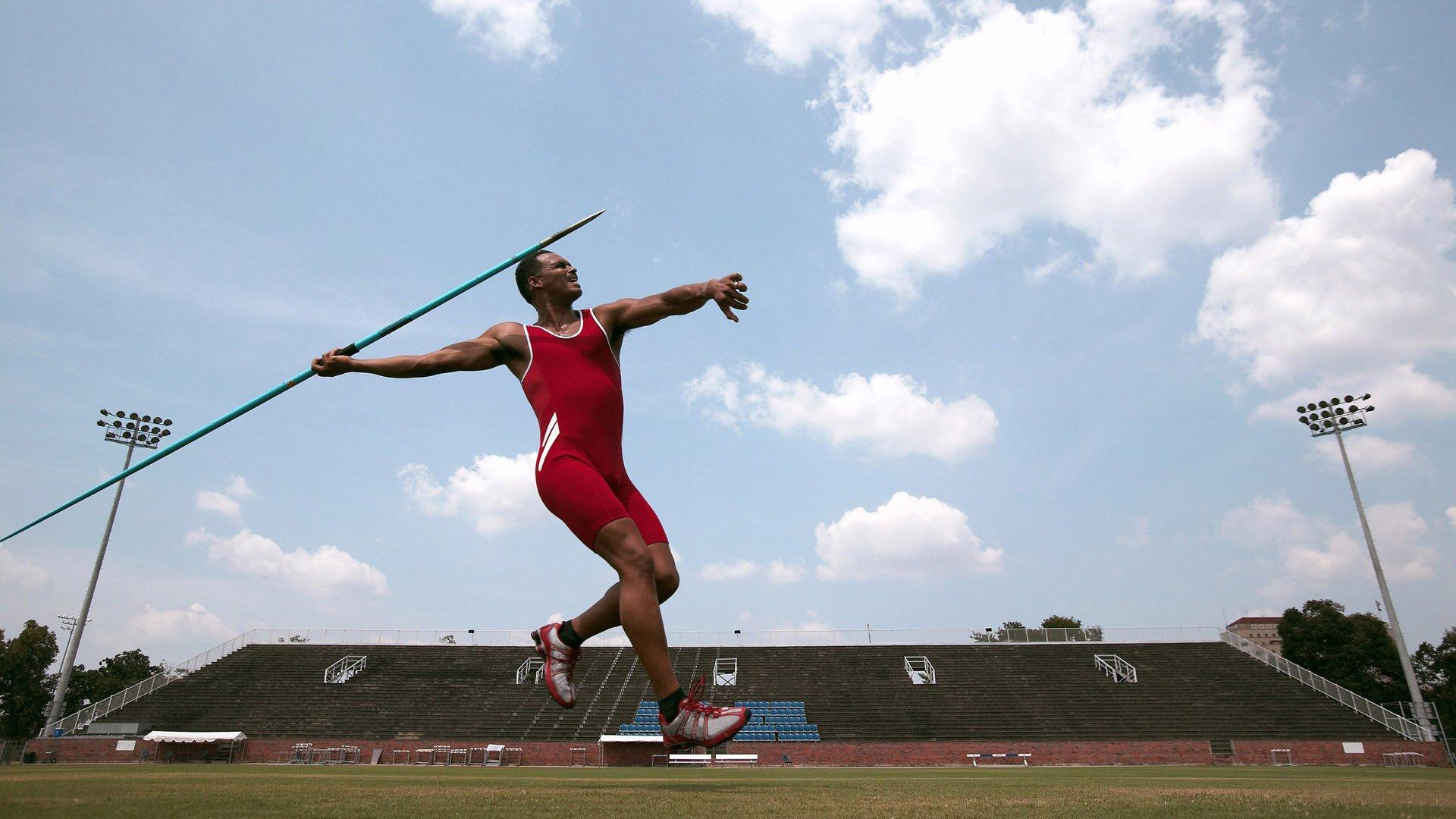新闻中心
News

在数字时代的浪潮中,足球世界正面临一场前所未有的变革,欧洲超级联赛(以下简称“欧超”)的提议者声称,这项赛事旨在“为足球向游戏挑战”,试图通过缩短比赛时间、引入互动元素和数字化体验来吸引年轻观众,这一雄心勃勃的计划是否真正理解了年轻人的需求和足球文化的本质?本文将从多个角度分析欧超的提议,探讨其背后的动机、潜在影响以及年轻一代的真实反应。
欧超的支持者认为,传统足球比赛时长较长(通常超过90分钟),与年轻人快节奏的生活方式和不稳定的注意力跨度相冲突,他们提议将比赛缩短至60分钟,并引入类似电子游戏的元素,如实时投票决定换人、虚拟现实(VR)观赛体验,以及通过社交媒体平台进行互动预测,这些想法看似前沿,旨在将足球与流行文化(如电子竞技和短视频趋势)相结合。
这种“游戏化” approach 引发了争议,批评者指出,足球的核心魅力在于其不可预测性、情感深度和传统仪式感,缩短比赛时间可能削弱比赛的战术复杂性和戏剧性,例如伤停补时阶段的绝杀进球,这些瞬间往往是足球迷津津乐道的话题,过度强调互动元素可能让足球沦为一种“娱乐产品”,而非一项神圣的体育竞技,年轻人是否真的渴望这种改变?还是欧超的提议者仅仅在迎合一种刻板印象——认为年轻人只追求即时满足和浅层体验?
为了解年轻人的真实想法,笔者采访了多位18-25岁的足球迷,来自英国的大学生艾米丽表示:“我喜欢足球 because of its history and the emotional connection I have with my club. Shortening matches feels like a gimmick—it might attract casual viewers, but it could alienate die-hard fans.”(我喜欢足球是因为它的历史以及我与俱乐部的情感联系,缩短比赛时间感觉像是一种噱头——它可能会吸引临时观众,但会疏远铁杆球迷。)她补充说,她更希望看到创新在其他领域,如改善球场设施或降低门票价格,而不是改变比赛本身。
同样,来自西班牙的年轻程序员卡洛斯指出,年轻人并非排斥传统,而是渴望更有意义的参与方式。“I enjoy gaming and esports, but football is different. It’s about community and passion. If the Super League adds VR experiences or fan voting, it should enhance the game, not replace its essence.”(我喜欢游戏和电子竞技,但足球是不同的,它是关于社区和激情的,如果欧超添加VR体验或球迷投票,它应该增强比赛,而不是取代其本质。)这些回应表明,年轻人价值足球的社会和文化维度,而欧超的提议可能过于聚焦技术层面,忽略了情感连接。

欧超的“为足球向游戏挑战”口号并非全无道理,数字平台如FIFA游戏系列和Twitch直播已经证明,足球可以成功融入年轻人喜爱的媒介,电竞 tournaments 吸引了数百万年轻观众,而社交媒体的 highlights 和 memes 使足球内容更易传播,欧超的提议者可能想借此趋势,打造一个混合体验——既保留体育竞技性,又增加游戏互动性。
但这种融合存在风险,商业动机可能压倒体育精神,欧超由少数豪门俱乐部推动,旨在增加收入 through broadcasting rights and digital monetization. This could lead to a further gap between rich and poor clubs, undermining the competitive balance that makes football exciting.过度数字化可能 exclude older fans or those without access to technology, creating a generational divide.最重要的是,如果改变 too drastic, it might dilute the authenticity of football—a key reason why fans, including young ones, remain loyal.
2025年的足球环境正处于十字路口,国际足联(FIFA)和欧足联(UEFA)正在推进自己的改革,如扩大欧冠联赛和引入 sustainability initiatives. Meanwhile, young audiences are increasingly diverse in their consumption habits; they watch matches on mobile devices, engage in online fan communities, and value social issues like inclusivity and environmentalism.

欧超的提议必须在这个复杂背景下评估,与其强行“游戏化”,或许更聪明的做法是平衡创新与传承,保留传统比赛格式,但提供 optional digital enhancements like AR replays or interactive stats. Alternatively, focus on making football more accessible through affordable streaming services or community outreach programs. After all, understanding年轻人 isn’t about assuming they want shorter attention spans—it’s about recognizing their desire for authenticity, connection, and shared experiences.
欧超的“为足球向游戏挑战”愿景 highlights a genuine need for football to evolve with the times. However, its success hinges on whether it truly listens to young fans rather than imposing a top-down vision. Football’s magic lies in its ability to unite people across generations through moments of joy, heartbreak, and camaraderie. If the Super League can innovate while preserving this spirit, it might win over the youth. But if it prioritizes profit and gimmicks over passion, it risks becoming just another entertainment option in a crowded digital landscape—a fate that would betray the very essence of the beautiful game.
In the end, the question isn’t whether football should change, but how. The young generation doesn’t need a diluted version of the sport; they need a version that respects their intelligence embraces their values, and above all, remains true to the heart of football.